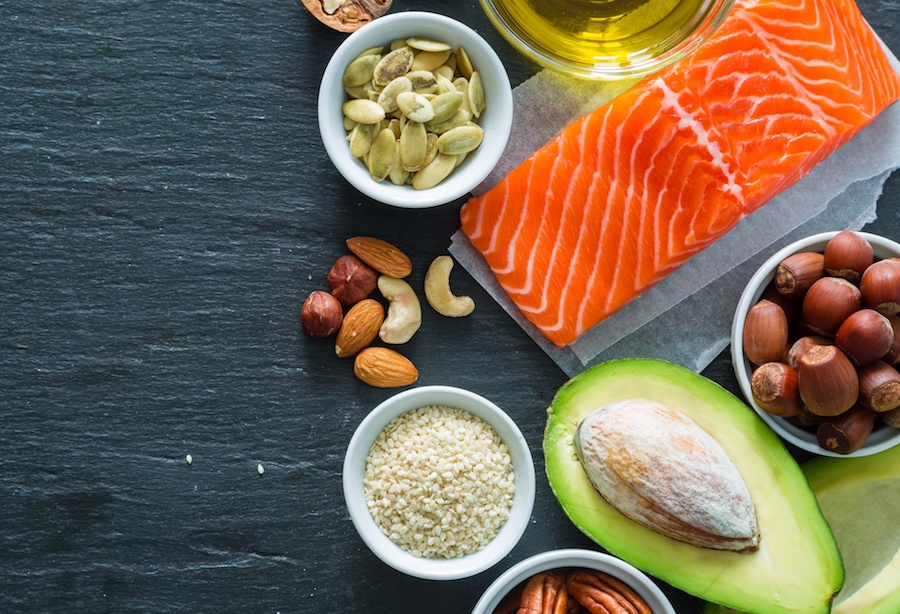New research shows that low-fat diets might increase the risk of early death: Should we be worried?
Until now, if you wanted to eat a bit more healthily, it’s likely that you might have cut fatty foods out of your diet.
Now, new research reveals that this might actually be harmful and shorten your life.
A major study by Canadian scientists surveyed 135,000 adults across the world aged between 35–70 years old, studying their eating patterns and health. They found that cutting saturated fat intake so that it accounted for less than 3% of total calories increased death rates by 13%.
Higher levels of consumption of fats of all kind reduced the overall risk of death by 23%, stroke risk by 18% and non-heart related mortality by 30%.

These findings are surprising, given the unhealthy reputation fats have. Current government recommendations advise people to cut down on all fats as well as replacing saturated with unsaturated fat to avoid raising your cholesterol and risking heart disease.
This wasn’t the only interesting piece of information to come out of the study, which was published in the Lancet medical journal and presented at the European Society of Cardiology Congress taking place in Barcelona, Spain.
It also found that diets high in carbohydrates could put you at a greater risk of death.
Lead scientist Dr Mahshid Dehghan from McMaster University in Canada said: “The current focus on promoting low-fat diets ignores the fact that most people’s diets in low and middle income countries are very high in carbohydrates, which seem to be linked to worse health outcomes.”
Dehghan recommended: “Guidelines should refocus their attention towards reducing carbohydrate intake, instead of focusing on reducing fats.”

The study advises a diet of around 50-55% carbohydrates and 35% total fats. So even though high carbohydrate diets might be bad for you, you shouldn’t cut them completely out of your diet.
Even though the study’s findings are quite shocking, some people aren’t so convinced that they apply to countries like the UK, suggesting they are more pertinent to lower and middle-income countries.
British nutrition expert Professor Susan Jebb, from Oxford University, pointed out that UK health guidelines already recommended obtaining up to 35% of dietary energy from fat, and an average of 50% from carbohydrates.
But the results of this fascinating study are definitely something to think about next time you go shopping. Throwing in a few fatty foods may be no bad thing.
The Press Association
Latest posts by The Press Association (see all)
- 8 things your feet can tell you about your health - January 8, 2025
- 9 ways to look after your emotional health better in 2025 - January 7, 2025
- EastEnders fans to vote on storyline for the first time in 40th anniversary week - January 7, 2025
- Aldi beats rival Lidl as cheapest supermarket of 2024 - January 6, 2025
- All the benefits of lifting weights beyond bigger muscles - January 6, 2025





















